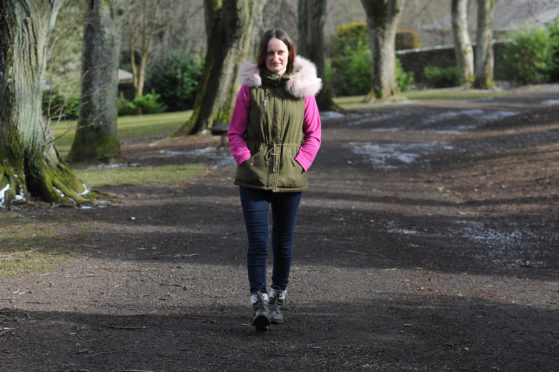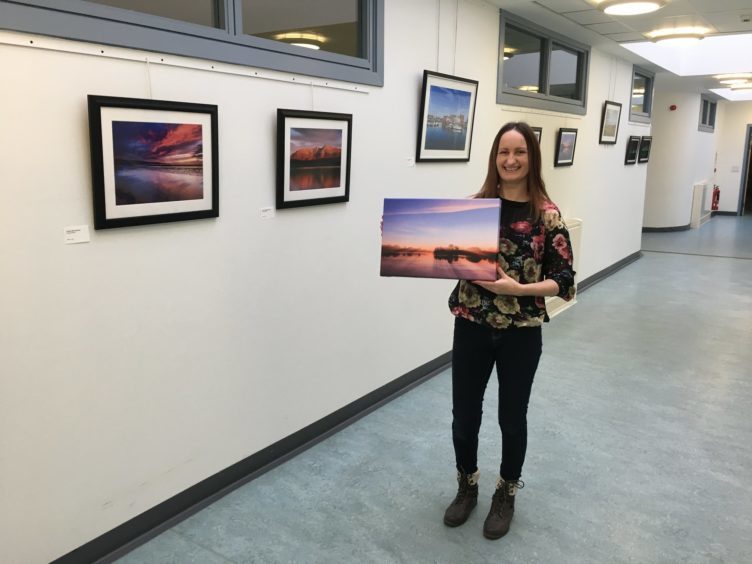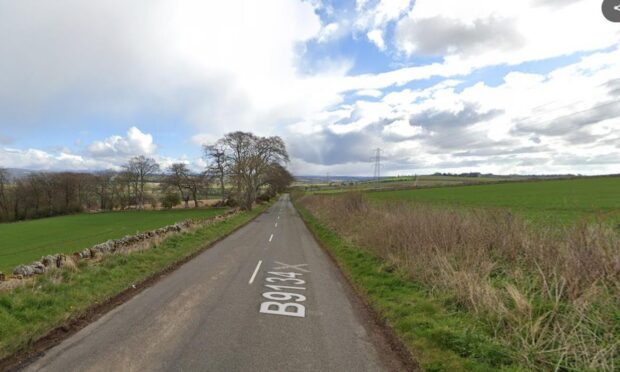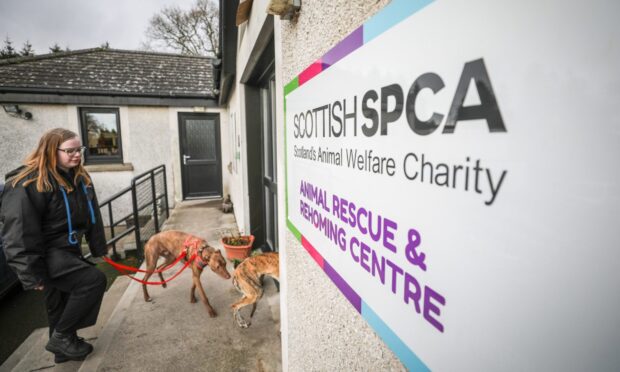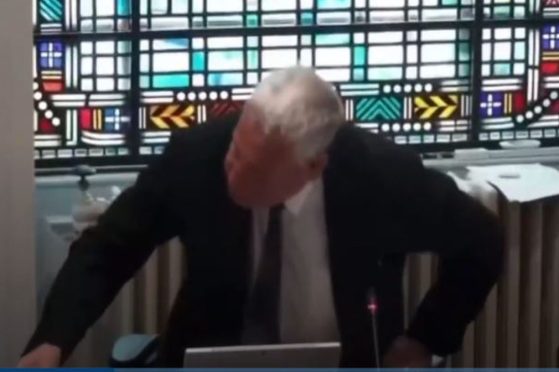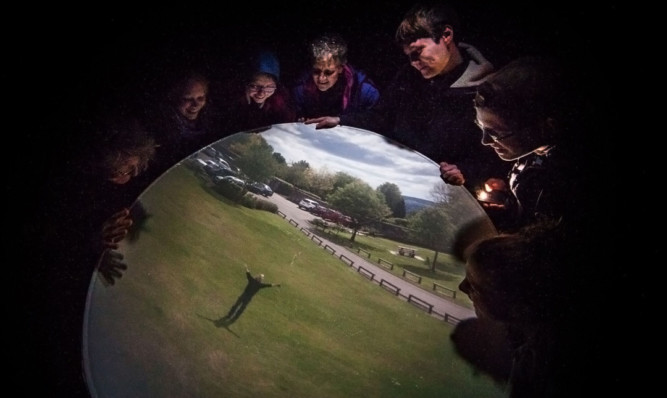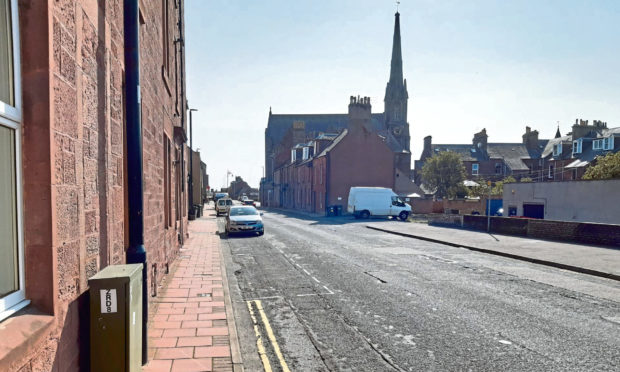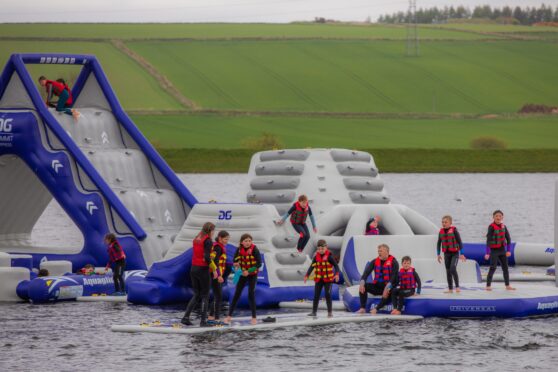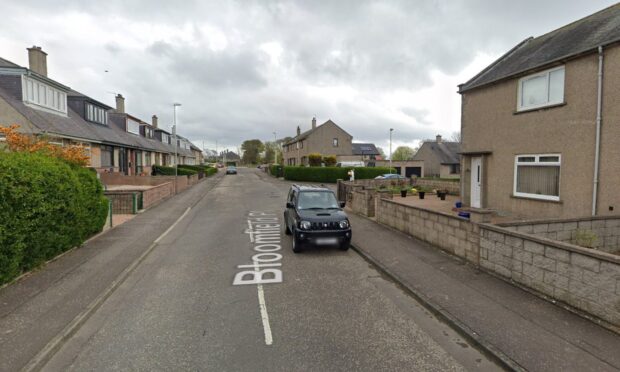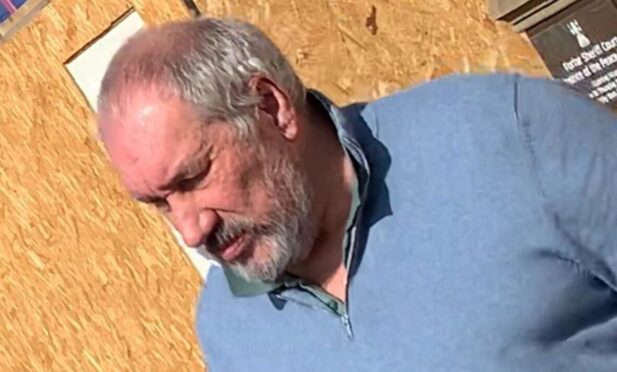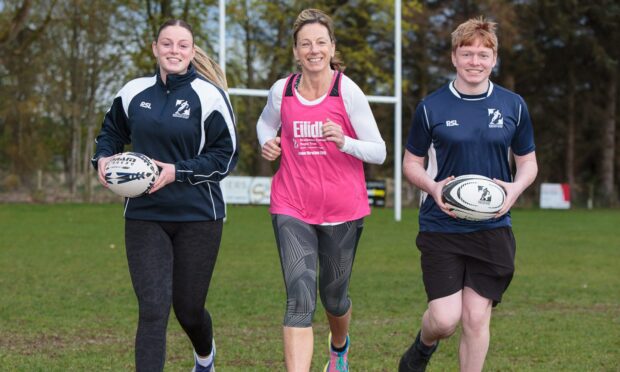An Angus woman has told how a seemingly innocuous tumble whilst sledging has turned her life upside down.
Anne Johnston from Forfar was diagnosed with post-concussion syndrome (PCS) five days after the accident after waking up to find her speech was slow and she was struggling with basic movements.
Miss Johnston said living with the condition “is like being robbed of part of my personality as well as constant fatigue, headaches and a body that won’t move at a normal speed”.
A week ago today and 5 days after my fall I got my diagnosis. My speech and movements were slow and I couldn’t shake deodorant properly.
Sharing this today to mark a milestone as I was able to walk outside on my own yesterday ??#findingmysparkle #postconcussionsyndrome pic.twitter.com/UqkZhT7t1E
— Anne (AJ) Johnston ? (@Annejphotos) March 15, 2018
“I was sledging in Arbroath with my family and fell backwards off a sled from standing up and landed on my head,” she said.
“I got up and walked up the hill, said I was fine and then about 10 minutes later got so disorientated I didn’t know who I was, where I was, what day it was or what I was doing there.
“I wasn’t knocked out but don’t remember the accident or have much memory at all between the accident and hospital.
“I was kept in Ninewells for two nights and told I had a bad concussion, whiplash and a torn eardrum.”
She was sent home to rest for 48 hours but five days after the accident she was rushed to emergency surgery at her GP and diagnosed with PCS.
Miss Johnston is unable to drive, has balance issues and has been given a supply of a food-replacement drink because she struggles to find the energy to cut up food and eat.
She said she feels like her senses are “overwhelmed” — she has extreme sensitivity to noise and smells are overpowering.
She also burned her neck with a heatpack as she could not feel that it was too hot.
Miss Johnston – initially signed off until the start of April – does not know when she will recover and she has been forced to put her established photography business on hold and postpone photography tuition sessions until she recovers.
She said: “It is frustrating not being able to run my business right now but I’ve had to accept that my body needs to rest and that if I go back to work too soon it could set back my recovery.
“All of the symptoms are improving but I could have a fairly decent day and then the next day it feels like I’ve gone two steps backwards.
“I feel as though I’ve made significant improvements and hope to be back to work in April but for now I’m taking it one day at a time.”
For some people recovery can take weeks, for others it can be months, but sometimes they can persist for a year or more.
Miss Johnston said she can’t concentrate for long, will often forget conversations halfway through and has difficulty with sometimes the most basic of tasks.
She said being “forced to live life in the slow lane” has made her appreciate the little things she used to take for granted and anything she used to worry about “seems so insignificant now”.
Miss Johnston said the support of family and friends is helping her through the uncertainty, especially her personal coach Steve Bonthrone from Perth, who she said “is really helping me through this difficult time”.
She said she has realised that PCS is “hugely misunderstood” and she now wants to raise awareness of the condition by sharing her progress on her blog “so that other survivors will feel less alone”.
